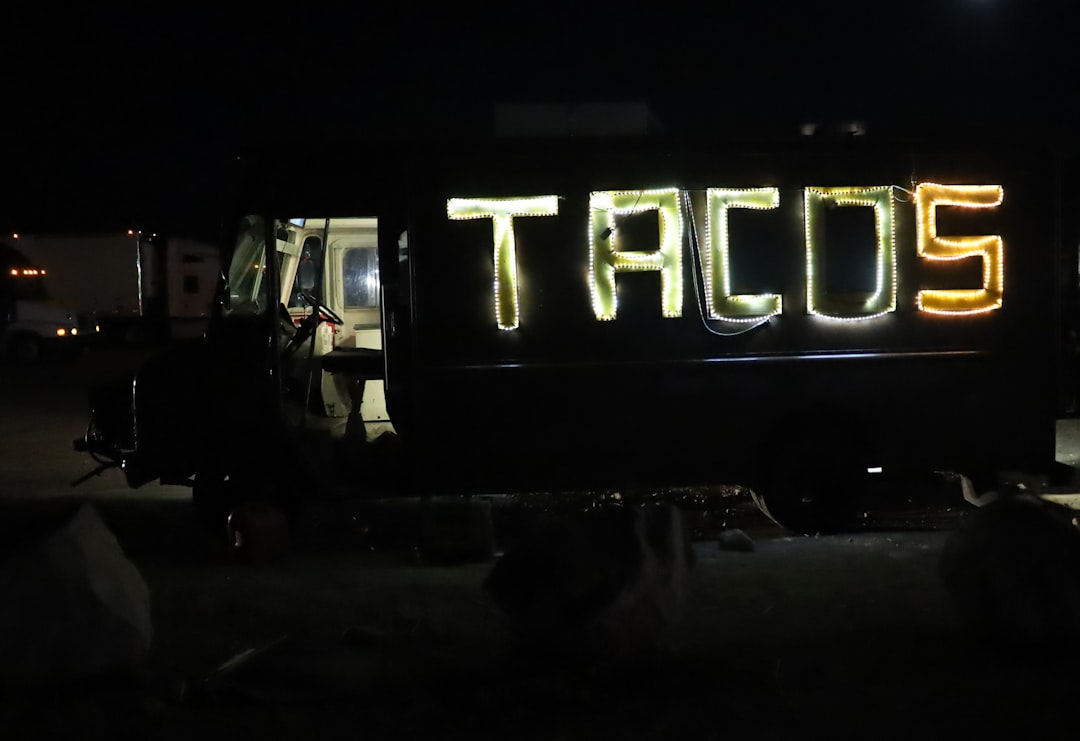In Nevada, Do Not Call Registries are vital in reducing unwanted telemarketing calls. Businesses using autodialers must comply with strict regulations or face penalties. Individuals plagued by persistent calls can consult specialized autodialer lawyers Nevada or attorneys to protect their rights and ensure compliance. These professionals navigate the complex legal landscape, fostering a balance between business interests and consumer privacy. Compliance metrics like registration rates, call volume reductions, and consumer satisfaction surveys measure registry effectiveness. A comparative study of Do Not Call Registries in Las Vegas, Reno, and Henderson reveals diverse success stories, emphasizing location-specific strategies for effective telemarketing regulation.
Evaluating the effectiveness of local Do Not Call Registries is crucial for maintaining consumer privacy in an era dominated by telemarketing. This article explores this dynamic, focusing on Nevada as a case study. We delve into the legal perspective surrounding local registries and their role in mitigating nuisance calls using autodialer technology. With a keen eye on compliance metrics, we present case studies from various Nevada cities, providing insights for autodialer lawyers and attorneys across the state to enhance consumer protection efforts.
Understanding Local Do Not Call Registries: A Legal Perspective for Nevada

In Nevada, like many other states, local Do Not Call Registries play a pivotal role in protecting residents from unwanted telemarketing calls. These registries are legal frameworks designed to ensure that individuals have control over their telephone communications. For those who have registered their numbers on these lists, it’s crucial to understand the laws surrounding autodialer usage by businesses. An autodialer lawyer Nevada or attorney specializing in autodialer law can guide residents through this process, ensuring their rights are protected.
The legal perspective regarding autodialers is that they must comply with specific regulations when contacting numbers listed on Do Not Call Registries. Failure to do so can result in significant penalties for businesses. For Nevadans, seeking the advice of an autodialer law firm Nevada or lawyers focusing on autodialer cases is essential if they’ve received unwanted calls despite being registered. This proactive approach not only ensures compliance with local laws but also serves as a deterrent to potential violators, fostering a more peaceful and less disruptive communication environment.
The Role of Autodialer Technology in Telemarketing and Consumer Protection

The proliferation of autodialer technology has significantly transformed telemarketing practices, both positively and negatively. While it enables businesses to reach a broader audience more efficiently, it also raises consumer protection concerns. In Nevada and across many other states, this has led to the establishment of local Do Not Call registries, aiming to balance the rights of businesses with the peace of mind for consumers. An autodialer lawyer in Nevada or an autodialer attorney in Nevada can play a crucial role in navigating these complex dynamics.
Autodialer law firms in Nevada assist both businesses seeking to comply with regulations and consumers dealing with unwanted calls. These professionals ensure that telemarketing activities adhere to the Do Not Call registry guidelines, using their expertise to interpret and apply the law fairly. By understanding the intricate details of autodialer technology and its legal implications, these lawyers help foster a system where legitimate business efforts are respected while consumers’ rights to privacy are safeguarded.
Evaluating Compliance: Metrics for Measuring Registry Effectiveness

Evaluating compliance is a crucial aspect when assessing the effectiveness of local Do Not Call Registries. Metrics such as registration rates, call volume reductions, and consumer satisfaction surveys offer valuable insights into the success of these initiatives. In Nevada, for instance, autodialer attorneys and law firms often serve clients seeking protection from unwanted telemarketing calls. By tracking the number of individuals who register for the Do Not Call Registry and measuring the subsequent decline in automated calling, regulators can gauge public support and the overall impact on consumer privacy.
Additionally, surveying consumers about their experiences with the registry provides qualitative data. This includes evaluating whether registered individuals receive fewer unwanted calls and if the registry has improved their overall telephone communication experience. Such metrics help identify areas for improvement and ensure that Do Not Call Registries effectively serve their intended purpose, ultimately benefiting both residents and autodialer lawyer Nevada practices aiming to navigate this complex legal landscape.
Case Studies: Examining the Impact of Registries Across Different Nevada Cities

In evaluating the effectiveness of local Do Not Call Registries, a comparative study across different cities in Nevada offers valuable insights. This case-based approach allows for an in-depth analysis of how these registries impact consumer protection and telemarketing compliance. By examining cities like Las Vegas, Reno, and Henderson, researchers can uncover unique patterns and best practices. For instance, Las Vegas’s registry, with its robust technology infrastructure, has shown success in reducing autodialer-related complaints, prompting many autodialer lawyers Nevada to advocate for such systems.
In contrast, smaller cities like Reno and Henderson might present different challenges. Here, the focus on registry efficiency could involve exploring innovative solutions, such as specialized legal counsel dedicated to autodialer cases (autodialer attorneys Nevada). The varying outcomes in these cities highlight the importance of tailored strategies, demonstrating that a one-size-fits-all approach may not be effective for managing telemarketing regulations across diverse urban landscapes. This study, therefore, encourages professionals and policymakers alike to consider location-specific factors when implementing and evaluating Do Not Call Registries.






